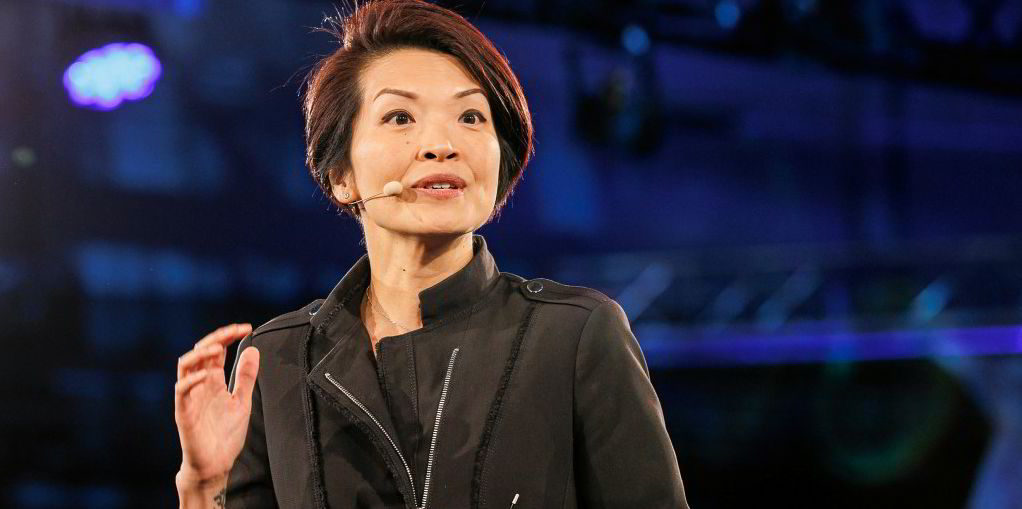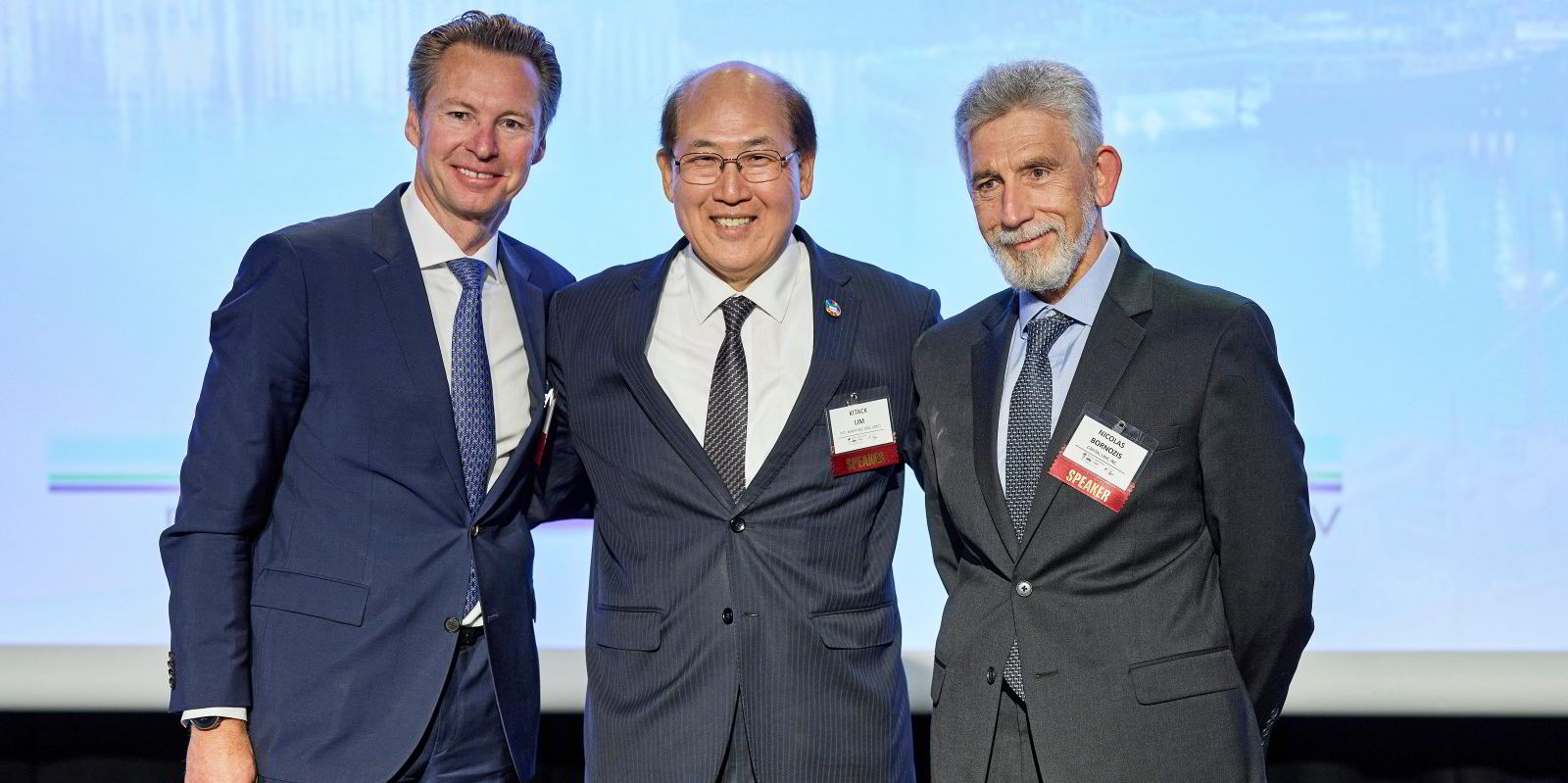A ground-breaking survey of the owners of more than 14,000 ships has found that while decarbonisation ambitions are high, progress in delivering even well-established fuel and emission-saving technology and operations remains very low in a large section of the fleet.
The survey, conducted by the Global Centre for Maritime Decarbonisation and Boston Consulting Group, found that although 25% of owners were “frontrunners” in committing and investing to cut emissions, a larger number were further behind.
Most of the frontrunners have already invested or plan to invest in established efficiency measures such as slow steaming, propeller upgrades and advanced hull coatings.
But 35% “conservative” owners were taking longer to adopt the technologies because of a lack of awareness and capability rather than lack of finance. Those owners hold 44% of the ships represented in the survey.
Results of the survey of 128 shipowners generating about $500bn in annual revenue were presented on the TradeWinds Ocean Stage at Nor-Shipping by the Singapore centre’s chief executive, Lynn Loo, and Boston Consulting Group’s principal Seng Chiy Goh and managing director Michael Tan.
“Ambitions are high, but the maritime industry is still early in its decarbonisation journey, with many players just starting to develop road maps,” said Goh.
Some 73% of the owners questioned viewed a net zero emissions goal as either critical or a high priority, and 77% have set concrete decarbonisation targets. Yet only 27% have a solid decarbonisation road map in place.
Owners large and small took part. Those with fleets of fewer than 20 vessels comprised 25% of the poll; 20 to 100 vessels 50%; and the remaining 25% had fleets of more than 100 ships. Some 45% were European, 21% South East Asian, 13% East Asian and 9% from the Americas.
Bulk carrier owners comprised 13%, container ships 12%, tankers 27%, bulkers and tankers 14%, mixed 12% and others 22%.
“Three archetypes of shipowners and operators emerged from the survey, with clear differences in their outlook, adoption of levers and challenges faced,” said Loo.
Frontrunners had the highest net zero ambitions, with clear road maps and dedicated resources — both financial and staff — to achieve their goals. The conservatives had limited adoption of decarbonisation levers due to lack of awareness and capability to assess, deploy, and maintain solutions.
The 40% in the middle — “followers” — saw net zero as a priority, but tended to have shorter investment horizons and have primarily adopted solutions that are established.
The clearest difference between the three broad groups was in their outlook on future fuel choices, with almost all frontrunners planning to adopt biofuels. Concrete plans to adopt either ammonia or methanol in the next few years are in place for 70% of frontrunners.
Followers and conservatives will be slower to adopt biofuels, and even slower to look at methanol or ammonia as fuel.
Among the vessel ownership types, container ship operators had the majority as frontrunners (53%), while pure tanker owners had the largest single group of conservatives (44%). Bulker owners were more advanced than tanker owners, with only 31% of dry cargo shipowners ranking as conservative.
Owners of fewer than 20 ships were dominated by conservatives (55%), followers (42%) and just 3% frontrunners.
Near-term financial considerations for owners would be a challenge for uptake of methanol and ammonia, the survey found, with cost-sharing or price equalisation measures needed to drive adoption.
Economic viability and limited commercial incentives are the biggest challenges to adopting future fuels, said 35% of followers and conservatives. A majority (65%) saw market-based fuel pricing measures as an effective tool to accelerate the fuel transition.
However, the survey found that nearly two-thirds of the existing fleet (63%) will probably never be fuel compatible because owners would not retrofit vessels more than 10 years old to use alternative fuels.
Drop-in fuels would be a key interim solution for most frontrunners, while there was interest from a majority of owners of all three archetypes in shipboard carbon capture as an important potential technology.
The two partners in the survey intend to refresh it annually as a barometer of decarbonisation progress across the industry.




